9. Caution now. If we have found a correct key, then it has to
fit perfectly well (good ↔
well
→ Maitaki ↔ Maharoga), like the slipper made for
Cinderella → The Ash Girl.
... But Osiris's evil brother, Set, whose sister-wife was the
goddess Nephtys, was mortally jealous both of his virtue and of
his fame, and so, stealthily taking the measure of his good
brother's body, he caused a beautifully decorated sarcophagus to
be fashioned and on a certain occasion in the palace, when all
were drinking and making merry, had it brought into the room and
jestingly promised to give it to the one whom it should fit
exactly. All tried, but, like the glass slipper of Cinderella,
it fitted but one; and when Osiris, the last, laid himself
within it, immediately a company of seventy-two conspirators
with whom Set had contrived his plot dashed forward, nailed the
lid upon the sarcophagus, soldered it with molten lead, and
flung it into the Nile, down which it floated to the sea ...
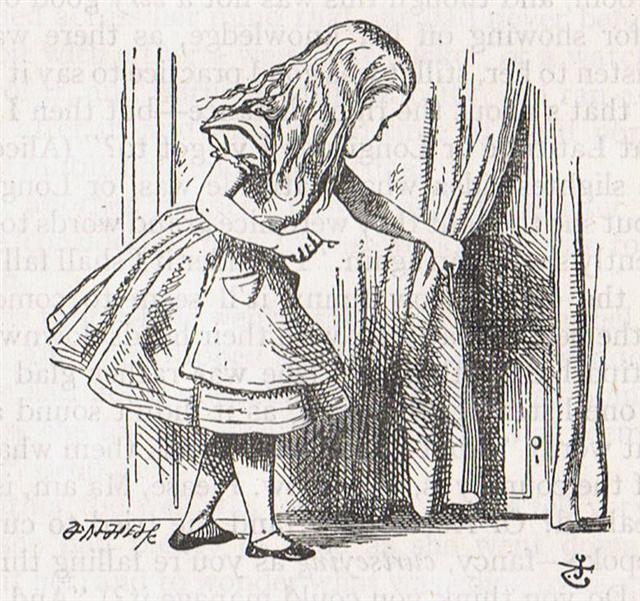
Alice had a little key which might be useful for us in order to open a
little door hidden down behind a curtain cloth of ignorance.
 |
 |
 |
|
Bb3-41 (540 = 3 * 180) |
Bb3-42 (541 -
421 = 120) |
Bb3-43 (542 =
177 + 365) |
|
Itzam-Yeh
defeated |
28 May (148 = 225 -
77), 3149 BC |
|
1st 3-stone place |
21 May (141 = 225 -
84), 3114 BC |
|
Creation of our
present world |
13 August (225), 3114
BC |
|
Och ta chan
(Hun-Nal-Ye 'entered or became the
sky') |
5 February (36 = 141
- 105), 3112 BC |
|
21 May, 3114 BC - 5 February, 3112
BC = 224 + 282 + 36 = 506 + 36 = 542
542 'happens to be'
the sum of 365 days and 6 * 29½
nights. |
|
|
mai tae vere
hia - ki te pito o
te henua |
e nuku hoi |
kua here te toa - i ruga o to
maro |
|
Vere. 1. Beard, moustache (vede
G); vere gutu, moustache; verevere,
shaggy, hairy, tow, oakum. Mgv.: veri,
bristly, shaggy, chafed (of a cord long in use).
Mq.: veevee, tentacles. Ta.: verevere,
eyelash. 2. To weed (ka-veri-mai, pick,
cut-grass T); verevere, to weed. P Mgv.:
vere, to weed. Mq.: veéveé,
vavee, id. 3. Verega, fruitful,
valuable; verega kore, unfruitful,
valueless, contemptible, vain, futile,
frivolous; tae verega, insignificant,
valueless; mataku verega kore, scruple.
Mgv.: verega, a design put into
execution; one who is apte, useful, having a
knowledge how to do things. 4. Ta.: verevere,
pudenda muliebria. Ma.: werewere, id.
(labia minora). Churchill. Sa.:
apungaleveleve, apongaleveleve, a
spider, a web. To.: kaleveleve, a large
spider. Fu.: kaleveleve, a spider, a web.
Niuē:
kaleveleve, a
cobweb. Nukuoro: halaneveneve,
a spider. Uvea: kaleveleve,
a spider. Mgv.: pungaverevere,
a spider. Pau.: pungaverevere,
cloth. Mg.: pungaverevere,
a cobweb. Ta.: puaverevere,
id. Mao.: pungawerewere,
puawerewere,
puwerewere,
a spider. Ha.: punawelewele,
a spider, a web. Mq.: pukaveevee,
punaveevee,
id. Vi.: lawa,
a fishing net; viritālawalawa,
a cobweb; butalawalawa,
a spider. Churchill 2.
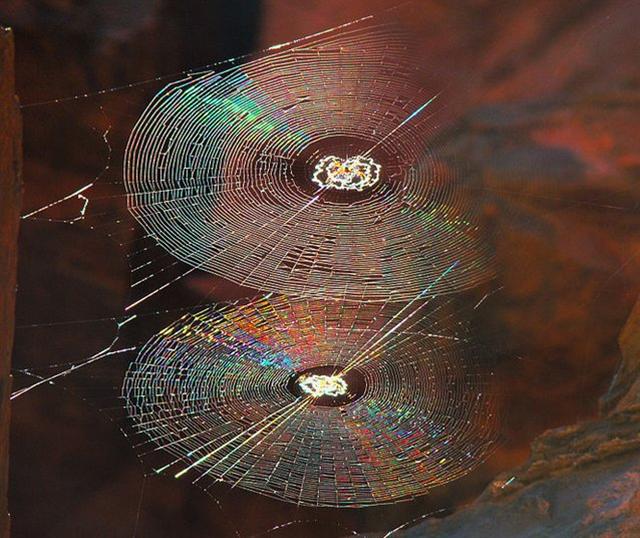
Pito. 1. Umbilical cord; navel;
centre of something: te pito o te henua,
centre of the world. Ana poreko te poki, ina
ekó rivariva mo uru ki roto ki te hare o here'u
i te poki; e-nanagi te pito o te poki, ai
ka-rivariva mo uru ki roto ki te hare, when
a child is born one must not enter the house
immediately, for fear of injuring the child
(that is, by breaking the taboo on a house where
birth takes place); only after the umbilical
cord has been severed can one enter the house.
2. Also something used for doing one's buttons
up (buttonhole?). Vanaga. Navel. Churchill. H
Piko 1. Navel, navel string, umbilical cord.
Fig. blood relative, genitals. Cfr piko pau
'iole, wai'olu. Mō ka piko, moku
ka piko, wehe i ka piko, the navel cord is
cut [friendship between related persons is
broken; a relative is cast out of a family].
Pehea kō piko? How is your navel [a
facetious greeting avoided by some because of
the double meaning]? 2. Summit or top of a hill
or mountain; crest; crown of the head; crown of
the hat made on a frame (pāpale pahu);
tip of the ear; end of a rope; border of a land;
center, as of a fishpond wall or kōnane
board; place where a stem is attached to the
leaf, as of taro. 3. Short for alopiko.
I ka piko nō 'oe, lihaliha (song), at the
belly portion itself, so very choice and fat. 4.
A common taro with many varieties, all with the
leaf blade indented at the base up to the
piko, junction of blade and stem. 5. Design
in plaiting the hat called pāpale 'ie. 6.
Bottom round of a carrying net, kōkō. 7.
Small wauke rootlets from an old plant.
8. Thatch above a door. 'Oki i ka piko,
to cut this thatch; fig. to dedicate a house.
Wehewehe. Hoki. To
return, to go back, to come back;
ka hoki ki rá, go back there! ana oho
koe ki Hiva, e hoki mai ki nei, if you go to
the mainland, do come back here again. Vanaga.
1. Also, what; ki ra hoki, precisely
there; pei ra hoki, similitude, likeness;
pei ra hoki ta matou, usage. P Pau.:
hokihoki, often. Mgv.: hoki, also,
and, likewise. Mq.: hoi, surely. Ta.:
hoi, also, likewise. 2. To return, to turn
back, to draw back, to give back, to tack;
mau e hoki mai, to lend; hoki hakahou,
to carry back; hoki amuri, to retrograde;
hakahoki, to bring back, to send back, to
carry back, to restore, to renew, to revoke, to
remove, to dismiss, to pay, to pardon, to
compress; hakahokia, given up;
hakahokihaga, obligation. P Pau.:
hokihoki, to persist, to insist; fakahoki,
to give back. Mgv.: hoki, to return, to
retrace one's steps; oki, to return, to
come back. Ta.: hoi, to return, to come
back. Ta.: mahoi, the essence or soul of
a god. Churchill. |
|
Nov 25 → 9 * 25 = 225 |
26 (330) |
27 |
|
Al Kalb-16 (The Heart)
/
Jyeshtha-18 (Eldest)
/
ANA-MUA-1 (Entrance
pillar)
ANTARES = α Scorpii
(249.1),
MARFIK (Elbow) = λ Ophiuchi,
φ Ophiuchi (249.5), ω Ophiuchi (249.8) |
γ Apodis (250.1), σ Herculis (250.3), θ Tr.
Austr. (250.6),
τ Scorpii
(250.7) |
HAN = ζ Ophiuchi
(251.0) |
|
... In China, with
Capricornus, Pisces, and a part of Sagittarius,
it [Aquarius] constituted the early Serpent, or
Turtle, Tien Yuen; and later was known as
Hiuen Ying, the Dark Warrior and Hero, or
Darkly Flourishing One, the Hiuen Wu, or
Hiuen Heaou, of the
Han dynasty, which Dupuis gave as
Hiven Mao. It was a symbol of the emperor
Tchoun Hin, in whose reign was a great
deluge; but after the Jesuits came in it became
Paou Ping, the Precious Vase. It
contained three of the sieu, and headed the list
of zodiac signs as the Rat, which in the
far East was the ideograph for 'water', and
still so remains in the almanacs of Central
Asia, Cochin China, and Japan ...
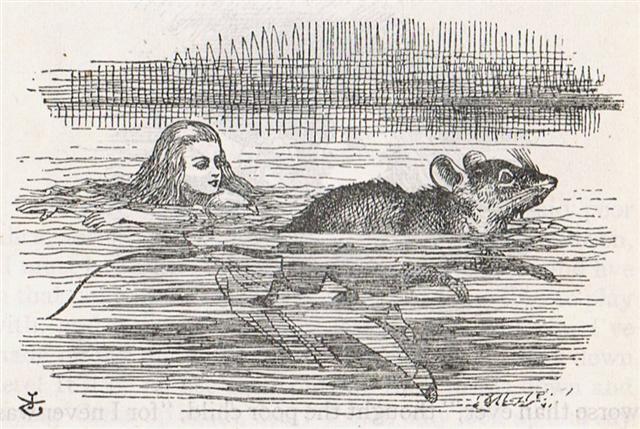
|
|
RIGHT
ASCENSION DAYS AT THE FULL MOON: |
|
No star listed (66) |
No star listed (67) |
Rohini-4 (The Red One)
/
Pidnu-sha-Shame-4 (Furrow
of Heaven)
/
ANA-MURI-2 (Rear pillar - at the foot of which
was the place for tattooing)
ALDEBARAN = α Tauri
(68.2),
THEEMIN = υ² Eridani
(68.5) |
|
May 26 |
27 (80 + 67 =
147) |
28 (148 = 225
- 77) |
|
'April 29 |
30 (120 = 147
- 27 |
'May 1 (121) |
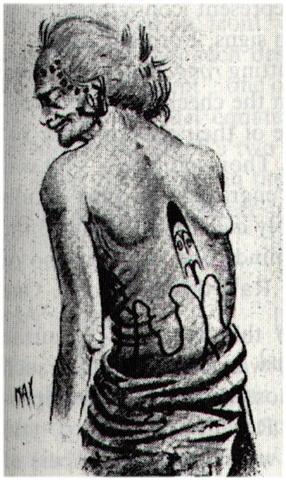 |
|
 |
|
Bb4-1 (584 - 41 = 3 * 181) |
|
Kua
huki - ko te maro |
|
Nov 28 (332 =
322 + 10) |
|
ζ
Herculis,
η
Tr. Austr.
(252.1), η Herculis, β Apodis (252.5) |
|
May 29 (149 =
332 - 183) |
|
'May 2 (122) |
|
"April 18
(108 = 149 - 41) |
|
MARCH 26 (85
= 149 - 64) |
|
No star listed (69) |
Turou.
Mgv.: a great sacriledge or blasphemy.
Ta.: turou, a curse, to blaspheme.
Churchill.
|
Huki. 1. Pole attached to the
poop from which the fishing-net
is suspended: huki kupega. 2.
Digging stick. 3. To set
vertically, to stand (vt.). 4.
Huki á te mahina, said of the new
moon when both its horns have become
visible. Vanaga. 1. To post up, to
publish. 2. To cut the throat (uki).
Mq.: Small sticks which close up the
ridge of a house. Ha.: hui, the
small uniting sticks in a thatched
house. Churchill. Standing upright.
Barthel. M. Spit for roasting. Te
Huki, a constellation. Makemson.
Hukihuki. 1. Colic. 2. To
transpierce, a pricking. 3. To sink to
the bottom. Churchill.
|
Nov 29 |
30 |
Dec 1 (335) |
2 (24 * 14 = 48 weeks) |
|
 |
 |
 |
 |
|
ko te
vere - a uta |
ko te
vere - i te ragi - kua
here to maro |
i te
maitaki o to maro |
i te
maharoga i to
maro |
|
Uta.
Higher up (from the
coast, or from another
place); i uta era,
further up, up there;
ki î te îka i uta,
as there are lots of
fish on the beach.
Vanaga. 1. Inland,
landward; paepae ki
uta, to strand, to
run aground; mouku
uta, herbage. 2. To
carry; uta mai,
to import; hakauta,
to give passage.
Campbell.
Here.
1. To catch eels in
a snare of sliding
knots; pole used in this
manner of fishing, with
a perforation for the
line. 2. To tie, to
fasten, to lash; rasp
made of a piece of
obsidian with one rough
side; cable, tie;
figuratively: pact,
treatise. Vanaga. 1. To
lash, to belay, to knot
the end of a cord, to
lace, to tie, to fasten,
to knot; to catch in a
noose, to strangle, to
garrote; here pepe,
to saddle; moa herea,
a trussed fowl;
hehere, collar,
necklet; herega,
bond, ligament;
heregao, scarf,
cravat. 2. Hakahere.
To buy, to sell, to
barter, to part with, to
pay for, to do business,
to compensate, to owe,
to disburse, to expiate,
to indemnify, to rent
out, to hire, to
traffic, to bargain, to
bribe; merchant, trader,
business, revenge;
tagata hakahere,
merchant, trader;
hakahere ki te ika,
to avenge; hakaherega,
ransom, redemption;
hakahererua, to
exchange, to avenge. 3.
Here ei hoiho,
incense. Churchill.
Hereke, festering
wound, cracked skin.
Barthel 2.

Maro. A sort of
small banner or pennant
of bird feathers tied to
a stick. Maroa:
1. To stand up, to
stand. 2. Fathom
(measure). See kumi.
Vanaga. Maro:
1. June. 2. Dish-cloth T
P Mgv.: maro, a
small girdle or breech
clout. Ta.: maro,
girdle. Maroa: 1.
A fathom; maroa
hahaga, to measure.
Mq.: maó, a
fathom. 2. Upright,
stand up, get up, stop,
halt. Mq.: maó,
to get up, to stand up.
Churchill. Pau.: Maro,
hard, rough, stubborn.
Mgv.: maro, hard,
obdurate, tough. Ta.:
mârô, obstinate,
headstrong. Sa.: mālō,
strong. Ma.:
maro,
hard, stubborn.
Churchill.
Ta.: Maro,
dry, desiccated. Mq.:
mao,
thirst, desiccated. Fu.:
malo,
dry. Ha.: malo,
maloo,
id. Churchill.
Mgv.: Maroro,
the flying fish. (Ta.:
marara,
id.) Mq.: maoo,
id. Sa.:
malolo,
id. Ma.:
maroro,
id. Churchill.
Maitaki. Clean,
neat, pure, pretty,
nice, beautiful,
handsome; tagata rima
maitaki,
clean-handed man,
correct man. Vanaga. 1.
Good. Henua maitaki
= the good earth. 2.
Shine. Marama maitaki
= the shining moon.
Barthel. Ce qui est bon.
Jaussen according to
Barthel. Meitaki,
good, agreeable,
efficacious, excellent,
elegant, pious, valid,
brilliant, security, to
please, to approve (maitaki);
ariga meitaki,
handsome, of pleasant
mien; mea meitaki ka
rava, to deserve;
meitaki ke,
marvelous, better.
Hakameitaki, to make
good, to amend, to do
good, to bless, to
establish.
Meitakihaga,
goodness. PS Pau.:
maitaki, good. Mgv.:
meitetaki,
beautiful, good. Mq.:
meitai, good,
agreeable, fit, wise,
virtuous. Ta.:
maitaiki, good,
well. Niuē:
mitaki,
good. Maitakia,
clean. Churchill.
Maharo. To admire
something, to be
astonished, to watch
something with delight,
interest, or amazement.
Maharoga, object
of admiration. Vanaga.
To glorify, to flatter,
to admire, to amaze, to
astonish, to enchant, to
astound; eulogy,
boasting; maharo hia
ia a, to vaunt;
maharohaga,
flattery. P Pau.:
maharo, to wonder
at, to marvel. Mgv.:
maharo, to praise,
to vaunt, commendation.
Mq.: mahaó, to
praise, admirable,
astonishing. Churchill. |
|
Bb4-2 (123, 584 - 42) |
Bb4-3 |
Bb4-4 (125) |
Bb4-5 |
|
May 30 |
31 |
June 1 (152) |
2 (336 - 183) |
|
'May 3 |
4 |
5 (5 * 5 * 5) |
6 |
|
"April 19 |
20 |
21 (111) |
22 |
|
MARCH 27 |
28 |
29 (88) |
30 |
|
No star listed (70) |
TABIT =
π³
Orionis
(71.7),
π²
Orionis (71.9) |
π4
Orionis (72.1),
ο¹
Orionis (72.4),
π5
Orionis (72.8)
*31.0 = *72.4 - *41.4 |
π¹
Orionis (73.0),
ο²
Orionis (73.4),
HASSALEH =
ι
Aurigae
(73.6),
π6
Orionis (73.9)
*32.0 = *73.4 - *41.4 |
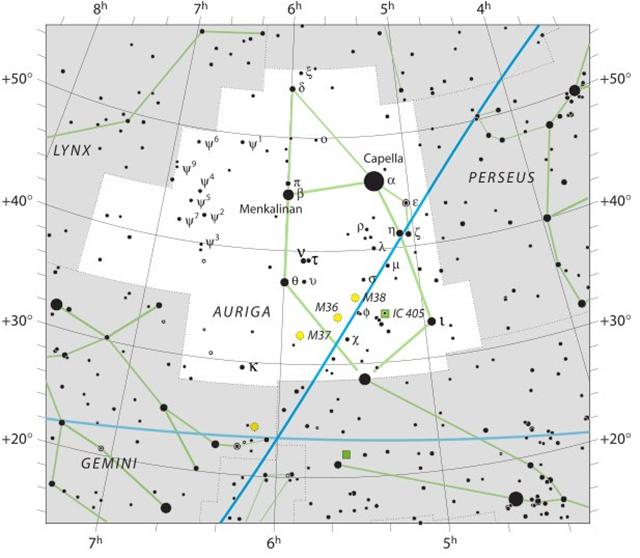 |
Counting 4 days ahead from November 28
(332) will lead us to December 2
(336 = 14 * 24). Here seems to
be the
'Gate of the Goat' (ζ
and η) in Auriga:
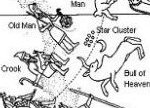
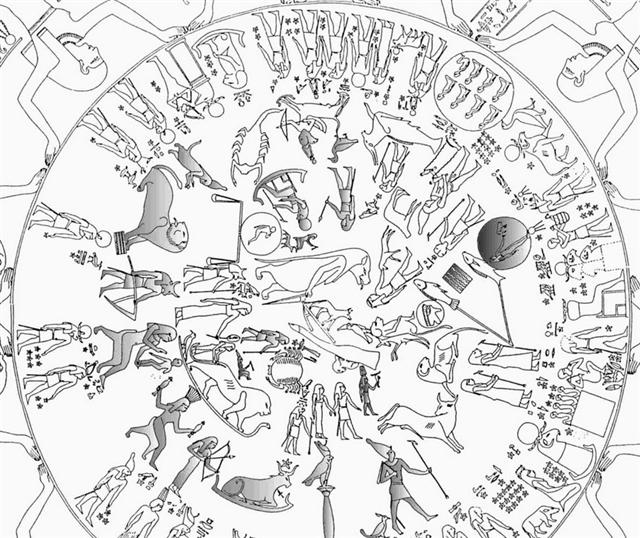
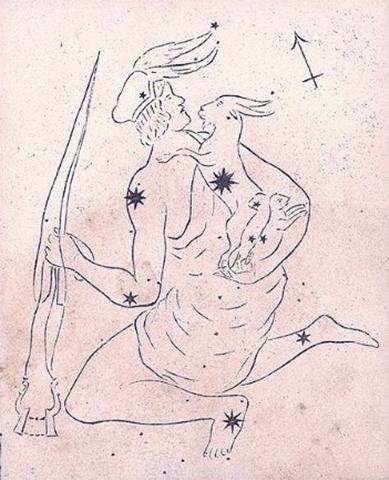
|
Dec 3 |
4 |
5 |
6 (340) |
|
 |
 |
 |
 |
|
o
te henua |
kua
hakaturou |
koia ra e
hakaturou e |
kua oho mai i te
maro |
|
Ê,
yes. E ... é
disjunct vocative
marker. E vovo é!
Girl! E te matu'a
é! Father!
(Vanaga)
Turou.
Mgv.: a great
sacriledge or
blasphemy. Ta.:
turou, a curse,
to blaspheme.
Churchill. |
|
Bb4-6 (127, 584 -
36) |
Bb4-7 (3 * 183) |
Bb4-8 (129) |
Bb4-9 |
|
June 3 |
4 (155) |
5 (80 + 76) |
6 (314 / 2) |
|
'May 7 |
8 (128) |
9 |
10 |
|
"April 23 |
24 |
25 (115) |
26 |
|
MARCH 31 |
APRIL 1 |
2 (92) |
3 (157 - 64) |
|
ALMAAZ (The Male
Goat) =
ε
Aurigae
(74.7),
HAEDUS I =
ζ
Aurigae
(74.8) |
HAEDUS II = η
Aurigae
(75.9) |
5h (*76.1)
ε
Leporis (76.0),
CURSA (Footstool) =
β
Eridani (76.4),
λ
Eridani (76.7)
*35.0 = *76.4 -
*41.4 |
μ Aurigae, μ Leporis
(77.6) |
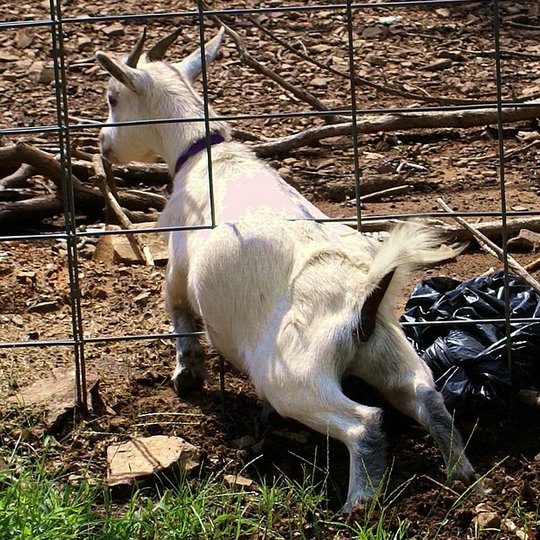 |
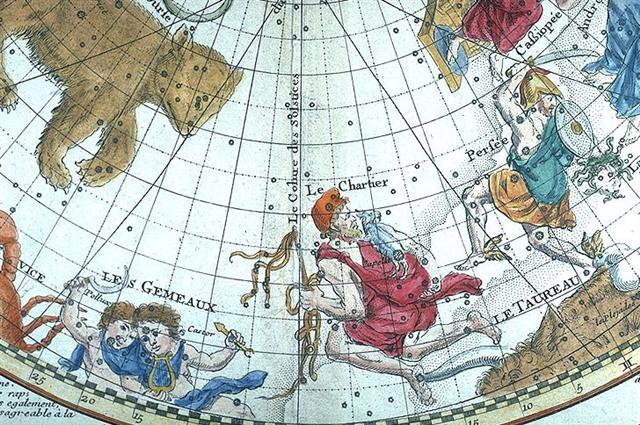
|



















